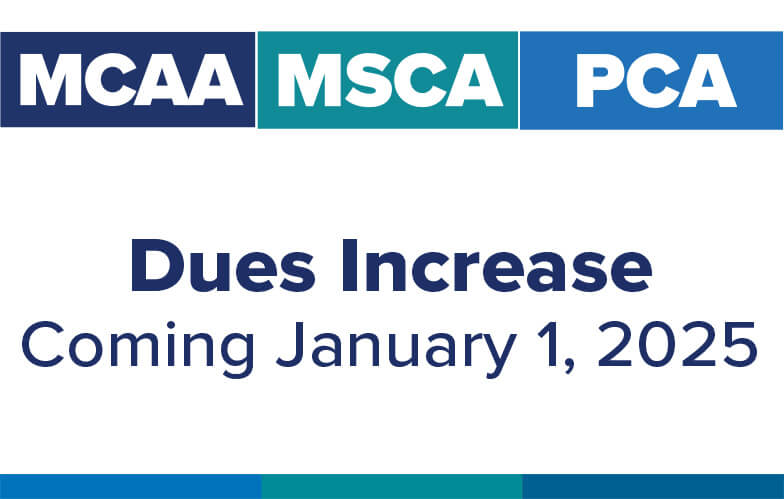
The SBA released yet another Interim Final Ruling which provides for a variety of administrative updates/corrections, however there are a few notable clarifications as follows:
- The SBA confirms that the maximum forgivable salary for non-owner employees during a 24 week period is in fact $46,154 per FTE, exclusive of health insurance, retirement benefits and state-level employment taxes. For “Owner Employees”, that amount is inclusive of health insurance, retirement benefits and state-level employment taxes.
- For self-employed individuals (i.e., Schedule C filers), the maximum forgivable amount is $20,833, a welcome increase over prior guidance which had capped it at $15k. If you are a sole proprietor without employees, 100% forgiveness of your loan is a virtual certainty.
- The loan forgiveness amount for sole proprietors will be completely tax free. The same result will obtain for partners in partnerships who account for their allocated portion of the PPP loan as a distribution of profit (rather than guaranteed payment) because no deduction will be disallowed and the loan forgiveness amount is not includible in income.
EIDL Announcement: The EIDL program (described below) is accepting applications again. Many businesses have struggled to obtain this loan, largely because the SBA was inundated with applications. Now it appears funds are available and they have caught up. A reminder that you can have both an EIDL and PPP at the same time but both cannot be used for the same purposes.
Notice – Now Accepting New Applications for Economic Injury Disaster Loans and Advance: On June 15, SBA will begin accepting new Economic Injury Disaster Loan (EIDL) and EIDL Advance applications from all eligible small businesses and U.S. agricultural businesses. To learn more about eligibility and apply, click here.
Reminder Section: (what should I be doing):
- Call your payroll company about claiming the payroll tax deferrals and employee retention credits that were made available in the CARES Act.
- Talk to your payroll company about the qualified sick/family leave legislation (FFCRA, passed prior to the CAREs Act).
- Consider speaking with your bank to discuss changes to terms of existing debt facilities. The banking system remains strong.
- If you have already applied for the PPP, start forecasting how you intend to spend the funds and how to qualify for the highest amount of forgiveness possible.


